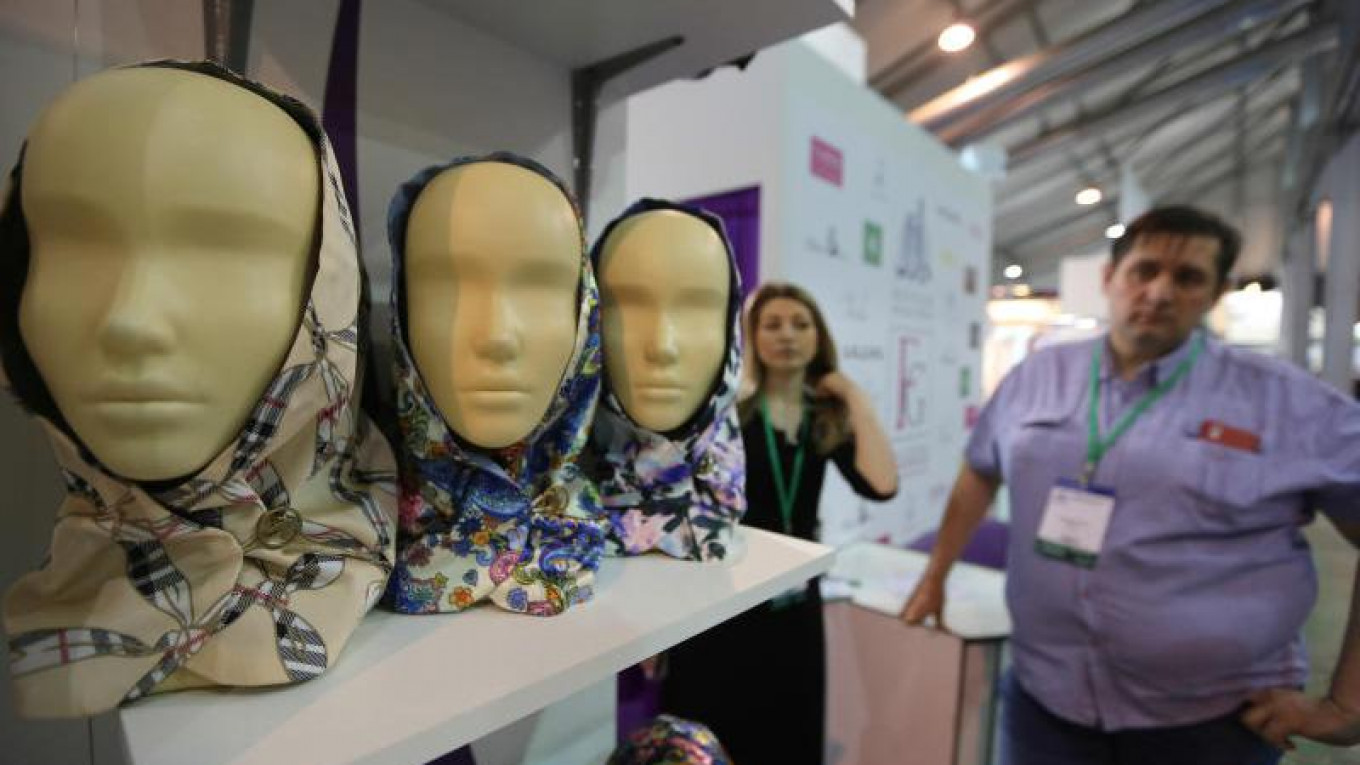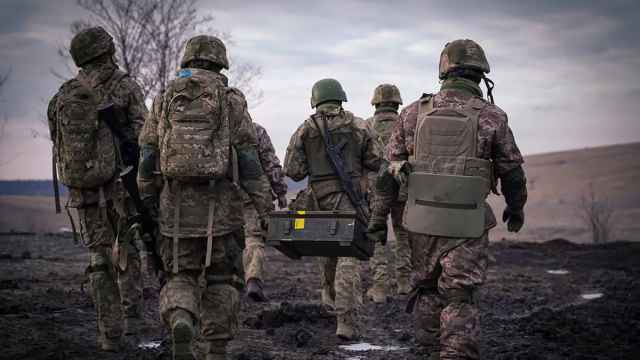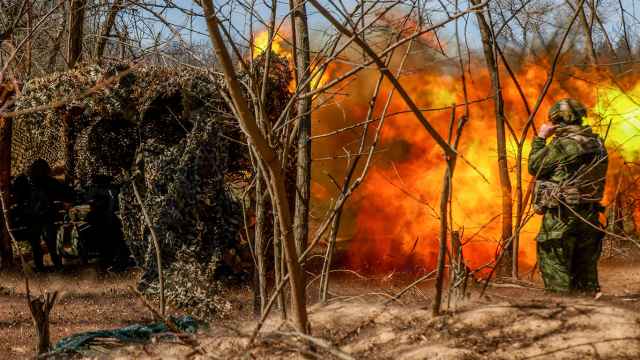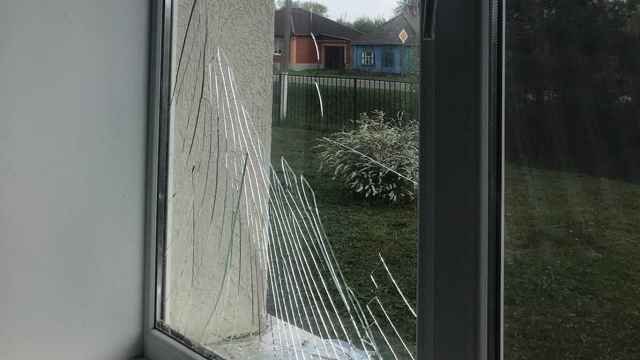When authorities in the Republic of Mordovia banned headscarves from a tiny school in the Tatar village of Belozerye, they probably didn’t realize it would make national headlines. But before long the conflict between the school and local authorities had grown into something else, pitting Russia's Education Ministry against Chechnya's Ramzan Kadyrov and the country's Tatar Congress. The Kremlin was forced to comment.
The scandal in the village school began in late December with the arrival of a new director who set new rules. Schoolgirls were banned from wearing Islamic headscarves in class. Teachers were told to follow secular dress codes or resign. Both teachers and pupils protested, accusing authorities of discrimination on religious grounds. A group of schoolgirls have stopped attending classes in protest.
The school's employees say the decision came not from the director herself by from the local branch of the Education Ministry.
According to local reports, a commission from the Republic's capital Saransk traveled to the village before the New Year, and accused the teachers of promoting religious education at the expense of other classes. Soon afterwards, the school's director was removed.
It was not the first time authorities tried to ban headscarves in the Belozerye school. In 2014, the Mordovian government introduced new laws about school dress codes, which initially included a ban of mini-skirts, piercings and hijabs. A compromise was eventually reached between village elders and authorities: Belozerye's schoolgirls would be allowed to wear “light” headscarves, it was decided.
This time, however, the decision was overturned.
First World Cup Victim
Mordovian authorities, meanwhile, say they acted within a broader programme of fighting extremism in the republic ahead of the FIFA 2018 World Cup. The republic's capital Saransk is one of eleven Russian cities that will host the football championship.
Local media say the conflict might have been started by security forces. Belozerye, according to reports, has long been under the watchful eye of the FSB. Local pro-government papers have even dubbed the village “Mordovia's Khalifat.” Izvestia Mordovii, a newspaper mouthpiece for the local authorities, has claimed that as many as 20 Belozerye villagers had traveled to join Islamist groups in the Middle East.
In November 2016, Saransk authorities arrested three villagers for links to Syria and Iraq. And in late 2015, a former imam in the village was arrested on extremist charges, sentenced to five years in a penal colony.
Authorities say these men were educated in the village school. They claim the school had photographs of girls in hijabs posing with machine guns, which the teachers deny.
Moscow Gets Involved
As tension between Belozerye and Saransk escalated, Russia's Education Minister Olga Vasilyeva was forced to intervene. In a press conference, she expressed her support for Mordovian authorities. “Truly religious people do not emphasize their faith with paraphernalia,” Vasilyeva said.
Vasilyeva's statement provoked anger in Russia's Muslim republics. Chechnya's strongman leader Ramzan Kadyrov got involved in the debate via his favorite channel of communication: Instagram.
Siding with the village schoolgirls, Kadyrov accused the education minister of “imposing personal opinions on millions of citizens.” He asked a question: “My three daughters wear headscarves at school and have great grades. Does Olga Vasilyeva demand that they take them off?”
Russia's Congress of Tatars also slammed the ban and demanded Mordovian authorities overturn their decision. “Authorities are inciting conflict in one of the most successful and flourishing Tatar villages in the country,” read their open letter, addressed to the head of the republic.
The letter added that the women of Belozerye have long been practicing national Tatar traditions, and wore headscarves even in Soviet times, “when the country was ruled by an ideology of state atheism.” It was, the letter concluded, “outrageous that the administration of Mordovian authorities are putting pressure on defenseless women.”
It remains to be seen if the ban will hold. President Putin’s official spokesman, Dmitry Peskov, compelled into making making a statement on Thursday, said the Kremlin was not minded to get involved in the dispute.
“We would not want to become a side in this discussion at the given moment,” he said.
A Message from The Moscow Times:
Dear readers,
We are facing unprecedented challenges. Russia's Prosecutor General's Office has designated The Moscow Times as an "undesirable" organization, criminalizing our work and putting our staff at risk of prosecution. This follows our earlier unjust labeling as a "foreign agent."
These actions are direct attempts to silence independent journalism in Russia. The authorities claim our work "discredits the decisions of the Russian leadership." We see things differently: we strive to provide accurate, unbiased reporting on Russia.
We, the journalists of The Moscow Times, refuse to be silenced. But to continue our work, we need your help.
Your support, no matter how small, makes a world of difference. If you can, please support us monthly starting from just $2. It's quick to set up, and every contribution makes a significant impact.
By supporting The Moscow Times, you're defending open, independent journalism in the face of repression. Thank you for standing with us.
Remind me later.






